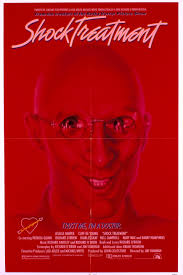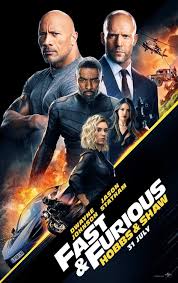Often my mind will wander down counter examples when I hear a familiar phrase or explanation. For example many years ago during a conversation when a friend who had been in the US Navy with me discussed a bit of debauchery ashore during liberty in a foreign port he excused his behavior by saying ‘I’m only human.’ It occurred to me that no one ever says that when doing good actions even though altruism is also a very human thing to do.
Recently my mind has tripped over a familiar construction and the missing parallel to it, Judeo-Christian.
The phrase Judeo-Christian is often used as a stand in for Western European, though both elements of the phrase originate from the Middle East. Judeo naturally relates to Judaism, that ancient religion tracing its history back through Genesis and Adam and Eve. Christian of course refers to the religion that sprang up around Jesus, a Jewish holy man from the early Common Era and whose life and teachings represent the fundamental break between the two religions. The two religions have had a quite contentious and violent history as over the centuries followers of the Christian faith have engaged in pogroms, Inquisitions, conspiratorial slander, and murderous hate against the Jewish minority. This recent and mostly fictional welding of the two philosophies in a single Judeo-Christian tradition is really at odds with their history and is primarily propaganda. A propaganda that for the most part the Jewish people are not participants in. Consider this counter construction, Judeo-Islamic.
Islam, just as with Christianity, traces its history and origins through the Jewish faith and traditions. Where Christians believe Jesus was the final prophet from a long line of Jewish holy men and the living god made flesh the Islamic faith views Mohammed as the final Prophet that culminate the linage begat in the Old Testament. Where the Jewish faith traces its origins to Abraham’s son Isaac, the Islamic tradition is to trace their heritage Abraham’s other son, Ishmael. All three religions site Abraham as the man God selected to give birth to a chosen people and the followers of these major religions are often referred to as ‘The people of the Book’ because of their common origin and yet I have never heard any speak of a Judeo-Islam culture or tradition.


